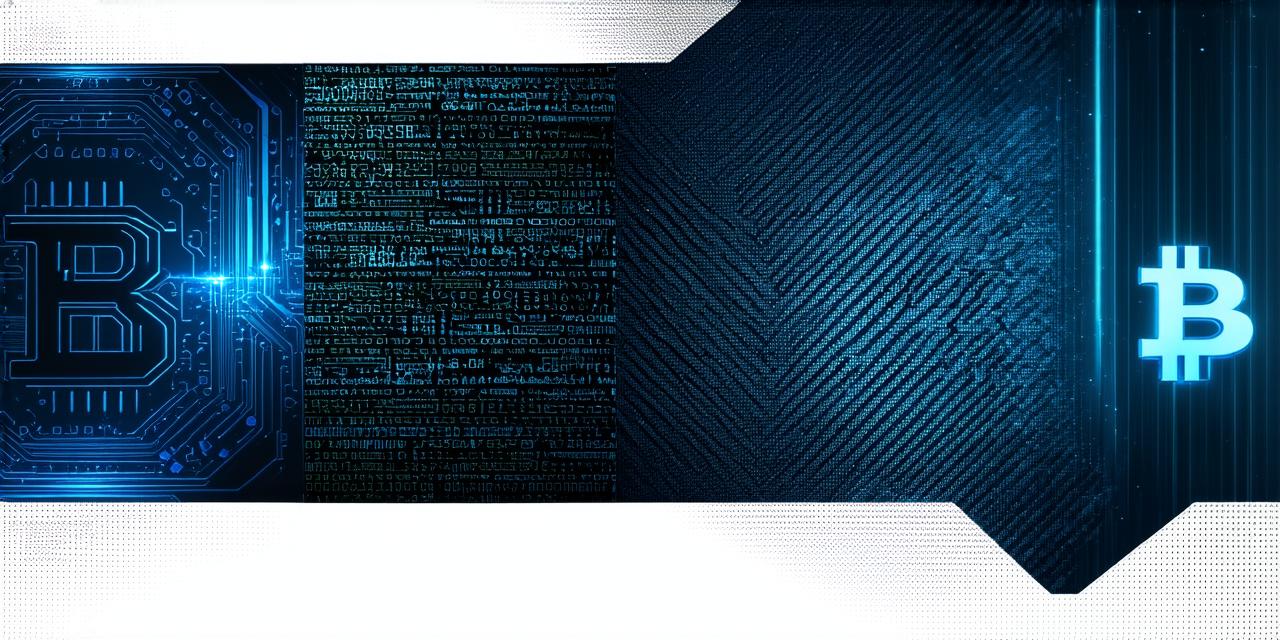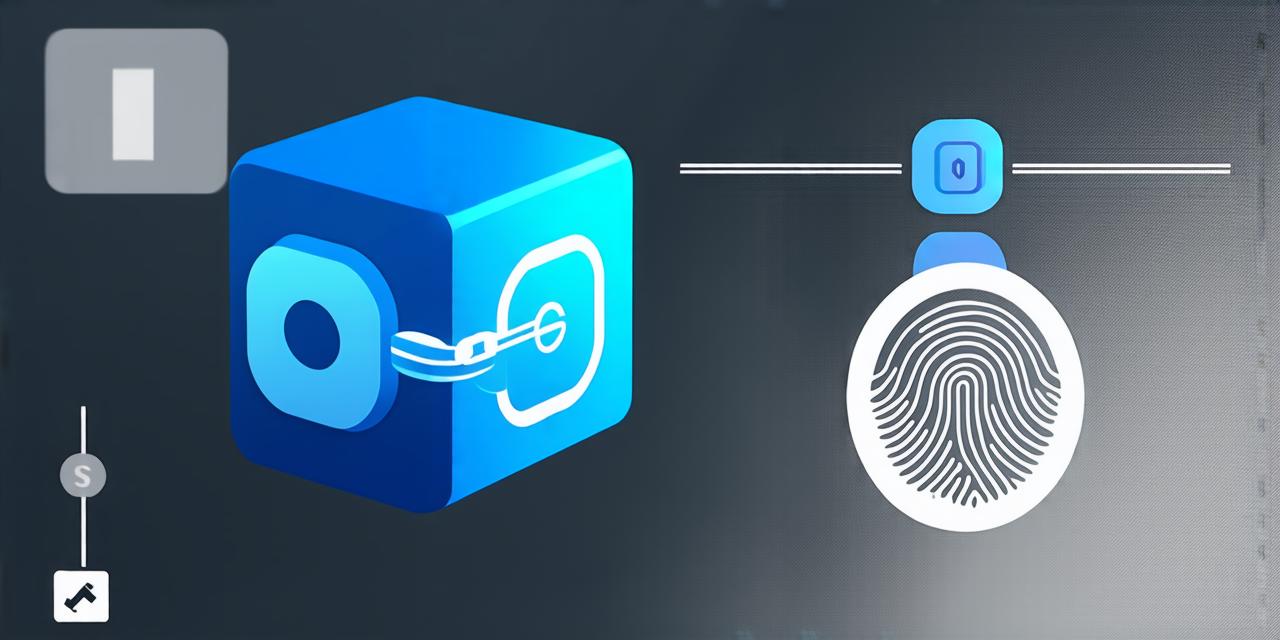The Distributed Nature of Blockchain Data
One of the key features of blockchain technology is its distributed nature. This means that there is no central authority responsible for managing or storing data on the network. Instead, data is stored on multiple nodes throughout the network, making it virtually impossible to tamper with or alter.
Each node in a blockchain network stores a copy of the entire database, which contains all transactions and data on the network. This ensures that there is no single point of failure and that the network can continue to function even if one or more nodes fail.
When a new transaction is added to the network, it is verified by multiple nodes before being added to the blockchain. This process helps to ensure that transactions are legitimate and prevents fraudulent activities from being processed.
Case Study: Bitcoin’s Blockchain
Bitcoin, the first cryptocurrency, is a prime example of how data is stored on a blockchain. The bitcoin network uses a decentralized database that is managed by thousands of nodes throughout the world. Each node stores a copy of the entire database and validates transactions before they are added to the blockchain.
This ensures that there is no central authority responsible for managing bitcoin’s funds, which has made it a popular choice for many investors. In addition, the decentralized nature of the bitcoin network makes it virtually impossible for hackers or cybercriminals to steal funds from users.
The Future of Blockchain Data Storage
As blockchain technology continues to evolve, we can expect to see new and innovative ways of storing data on a decentralized network. For example, some experts predict that the use of smart contracts could lead to more efficient and secure data storage on blockchain networks.
Smart contracts are self-executing programs that automate the enforcement of rules and agreements on a blockchain network. By using smart contracts, data can be stored in a more structured and organized way, making it easier to retrieve and analyze information as needed.
In addition, the use of blockchain technology for storing medical records could provide patients with greater control over their personal health data and help to prevent fraudulent activities.
The Risks and Challenges of Blockchain Data Storage
While there are many benefits to using blockchain technology for data storage, there are also risks and challenges that must be considered. One of the biggest risks is the possibility of a 51% attack, which occurs when one or more nodes on the network control more than half of the computing power. This allows them to manipulate the blockchain and prevent transactions from being processed.
In addition, the decentralized nature of blockchain networks can make it difficult to manage and maintain data. Without a central authority responsible for managing the database, it can be challenging to update or correct errors in the data.
FAQs
1. What is the difference between centralized and decentralized databases?
A centralized database is managed by a single entity or organization, while a decentralized database is distributed across multiple nodes on a network.

2. How does data validation work on a blockchain network?
Data validation involves verifying that transactions are legitimate and meet the rules and agreements of the blockchain network before they are added to the blockchain.
3. What is a 51% attack?
A 51% attack occurs when one or more nodes on the network control more than half of the computing power, allowing them to manipulate the blockchain and prevent transactions from being processed.
4. What are some benefits of using blockchain technology for data storage?
Blockchain technology provides a secure and transparent way to store and manage data, making it ideal for industries that require high levels of security and accuracy.
5. What are some risks and challenges of using blockchain technology for data storage?
There is the possibility of a 51% attack, which can compromise the integrity of the blockchain network. In addition, the decentralized nature of blockchain networks can make it difficult to manage and maintain data.
Conclusion
Blockchain technology has revolutionized the way we store and manage data, providing a secure and transparent solution that is ideal for industries that require high levels of security and accuracy.



